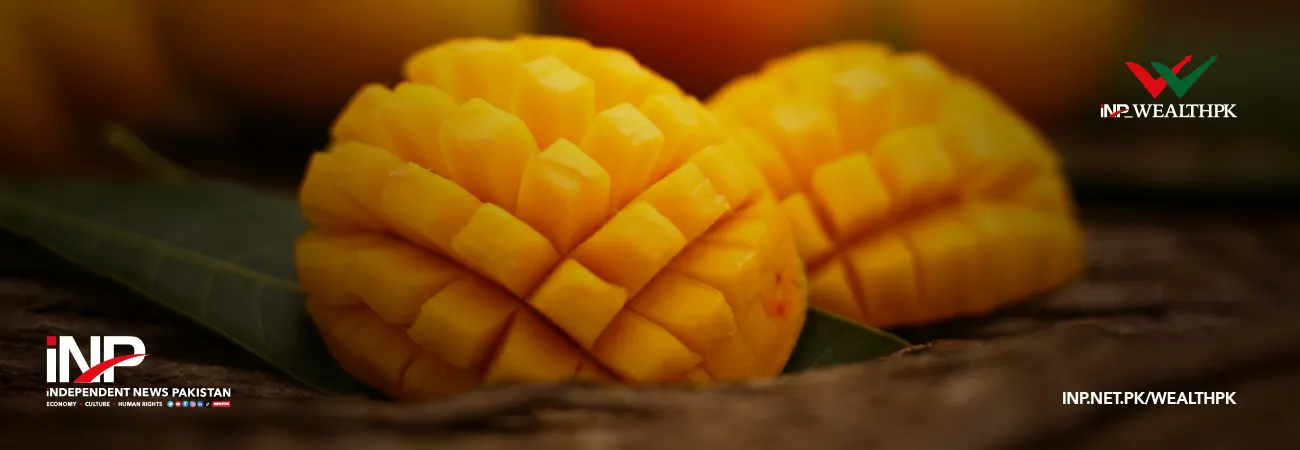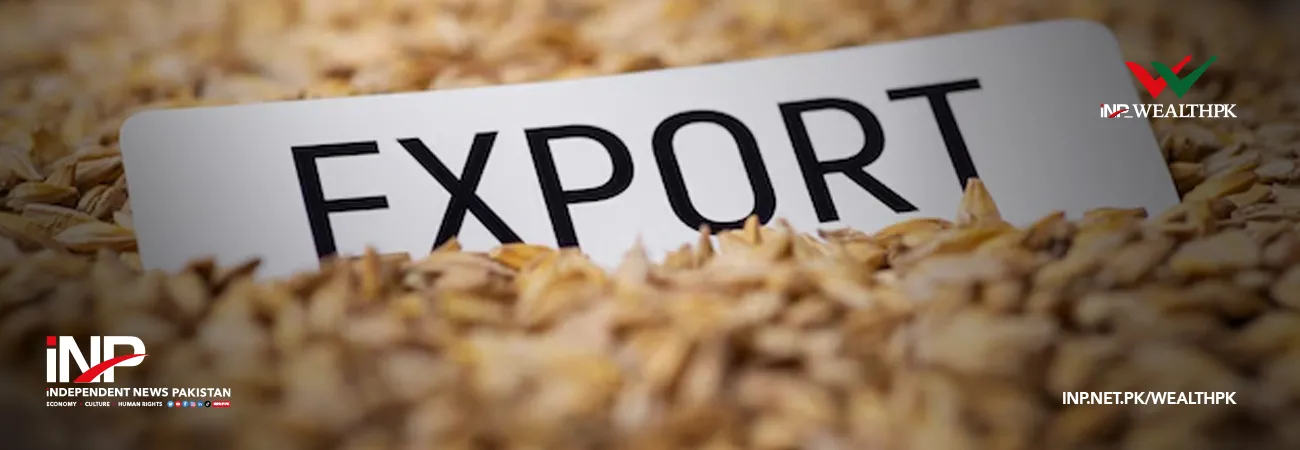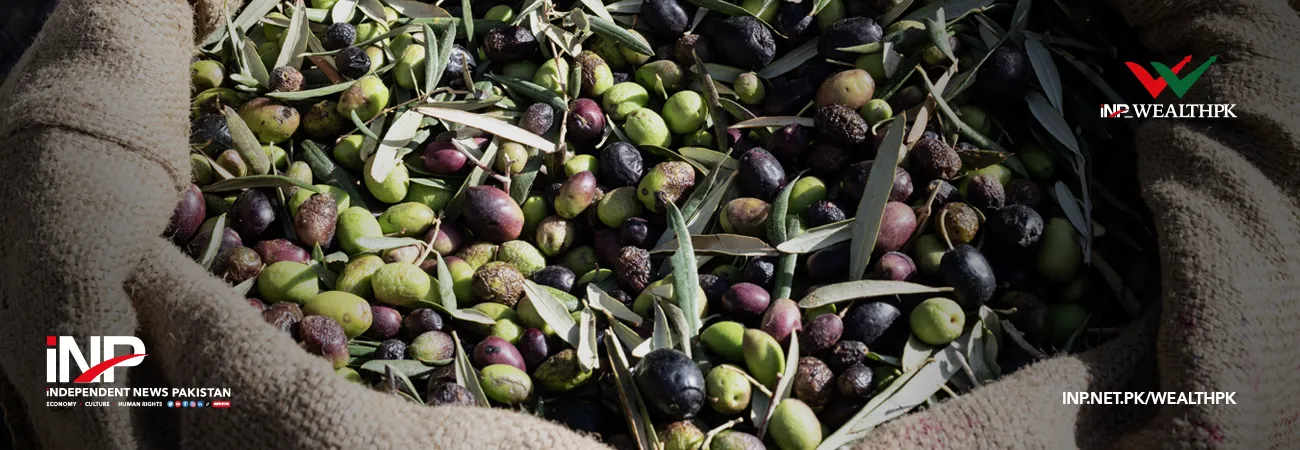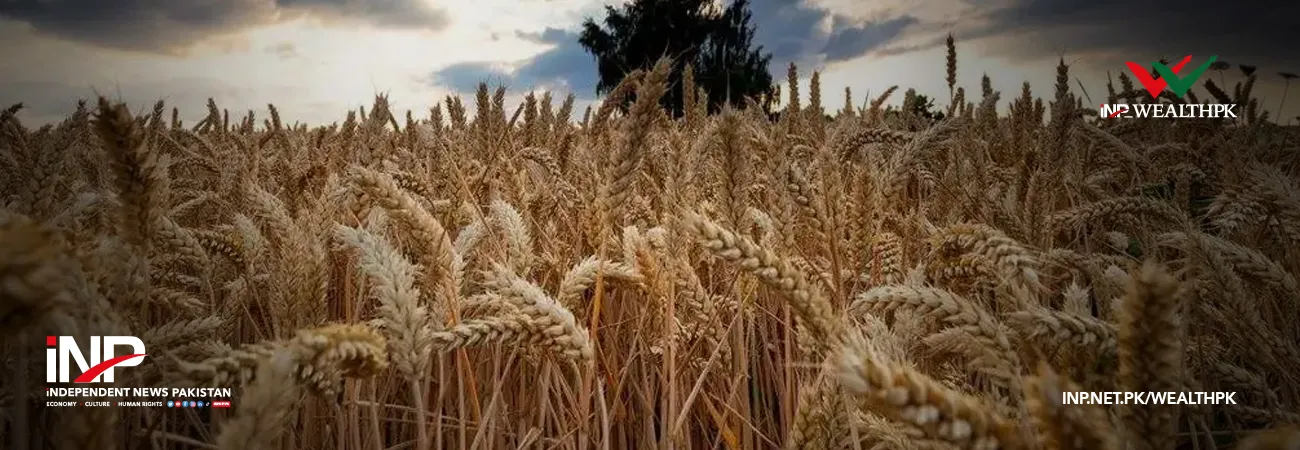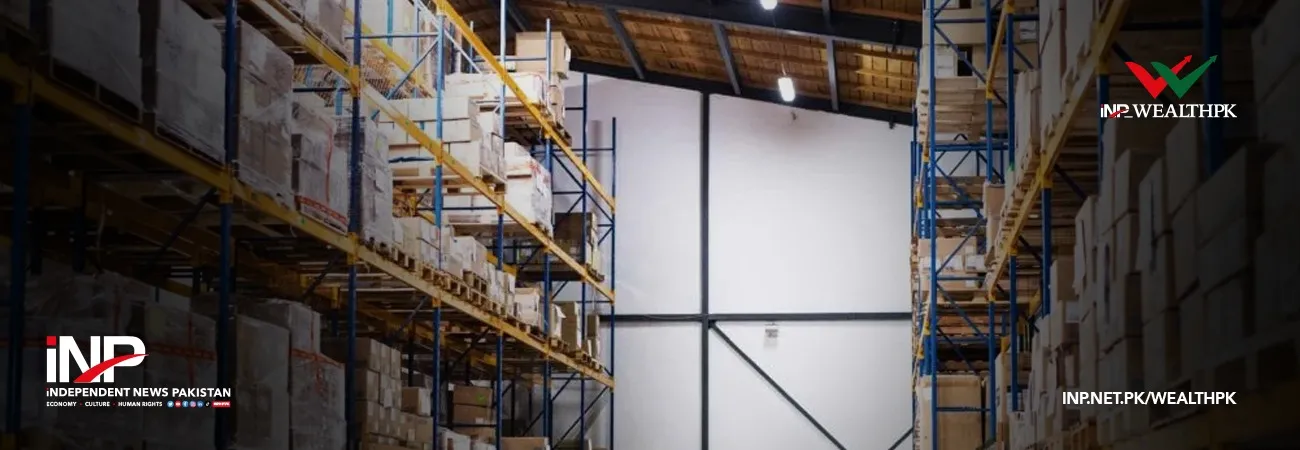INP-WealthPk
Arooj Zulfiqar
As Pakistan grapples with the challenge of maintaining its position as one of the world’s leading mango producers, there is a need for improvement in packaging and logistics to boost the competitiveness of exports, according to WealthPK.
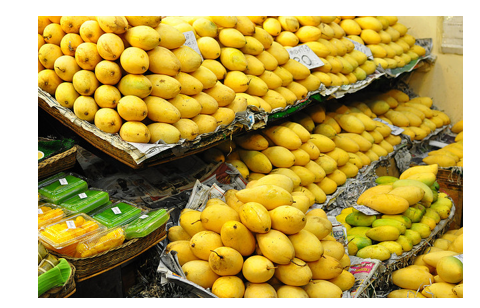
“With the global demand for high-quality mangoes on the rise, Pakistan’s ability to capitalize on this opportunity hinges on overcoming significant supply chain inefficiencies,” Mr. Nurullah, Senior Scientific Officer (SSO) at the National Agricultural Research Council, told WealthPK. Pakistan is the 5th largest producer of mango in the world but exports only 6-7% of the total produce, significantly below its potential. The industry is currently hampered by the outdated practices in both packaging and logistics, which contribute to substantial post-harvest losses and limit the market reach of Pakistani mangoes. “Inadequate packaging materials and methods often lead to damage during transit, reducing the shelf life and marketability of the fruit in the international markets. “Packaging is not just about containment; it’s about protection. The current use of substandard packaging materials is one of the primary reasons why our mangoes fail to meet the quality expectations of international buyers,” he explained.
He advocated for adopting advanced packaging solutions that include moisture-resistant cartons and temperature-controlled storage options, which can significantly reduce spoilage during transport. “Alongside packaging, the logistics infrastructure supporting mango exports is in dire need of modernization. Inefficient transportation methods, such as the use of outdated vessels with inadequate temperature control, are common, particularly for shipments to the Middle East. These logistical shortcomings not only delay shipments but also expose mangoes to unfavorable conditions, leading to a decline in quality upon arrival at their destinations. Ashraf, a mango grower and exporter from Sindh, said, “Without an efficient logistics network that includes reliable cold chain management, our mangoes are at a disadvantage compared to those from countries where such infrastructure is well-developed.
To meet the stringent requirements of international markets, Pakistan must invest in upgrading its logistics infrastructure, focusing on reducing transit times and maintaining consistent quality control throughout the supply chain. This includes equipping the workers with better training, knowledge, and tools to preserve the fruit quality from farm to market.” “Moreover, public-private partnerships can play a vital role in funding and developing the necessary infrastructure,” said Ashraf. Mango production in Pakistan witnessed a significant decrease of 30-40% this year, which was attributed to climate change and pest infestations, according to reports from the growers. However, despite this decline, the domestic demand continues to be satisfied, and exports to important markets such as the Middle East, the UK, and the USA are being maintained. Official trade statistics indicate that about 75% of Pakistan's mango exports are sent to the Gulf Cooperation Council (GCC) countries, with 50% transported by sea, 35% by land, and 15% by air.
Credit: INP-WealthPk



